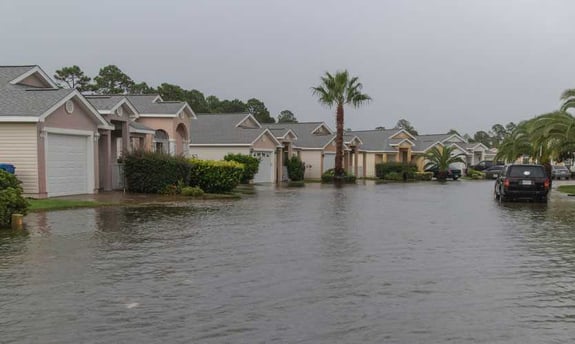Welcome to Florida! And, by the way, it’s HURRICANE SEASON again!
NOAA (The National Oceanic and Atmospheric Administration) has predicted another above-normal hurricane season for 2021. Florida is in a high-risk flooding area due to the frequency of storms and the proximity to large bodies of lake water and/or the ocean.
Insurance is difficult to understand at best, however, what is clear, is that living where we do, it’s important to have Flood Insurance. Flood Insurance must be purchased separately from your Property Insurance coverage. The State of Florida requires all condominiums to update their flood and property insurance valuation reports every three years. According to Wikipedia, the purpose of a Replacement Cost Report/Insurance Valuation Report is primarily for insurance purposes and would assist in forming the basis of the 'sum insured' (including costs associated) to cover the building in the event of total loss (excluding contents).
The State of Florida does not have its own regulations related to flood insurance. Most of the flood insurance coverage is federally regulated and provided through the National Flood Insurance Program (NFIP). This program is administered by the Federal Emergency Management Agency (FEMA). While there are a lot of definitions of what constitutes a flood, FEMA regards flooding as “excess of water on land that is normally dry, affecting two or more acres of land or two or more properties.” Flooding, per FEMA, can be permanent, temporary, partial, and/or complete submergence of the property.
The flood must also come from one of the following:
1. The overflow of inland lake or ocean waters
2. The unusual and rapid accumulation or runoff of surface waters from any source
3. Mud slides and flowing mud on the surface of normally dry land areas
4. The collapse or subsidence of land along the shore of a lake or other body of water as a result of erosion or undermining caused by waves or currents of water exceeding the cyclical levels, which results in flooding.
FEMA has also changed the flood maps in the last few years, so it’s important for you to have copies of your “current” flood maps. For more information from FEMA and whether your property currently is in a high flood zone area, go to https://msc.fema.gov/portal/home.
